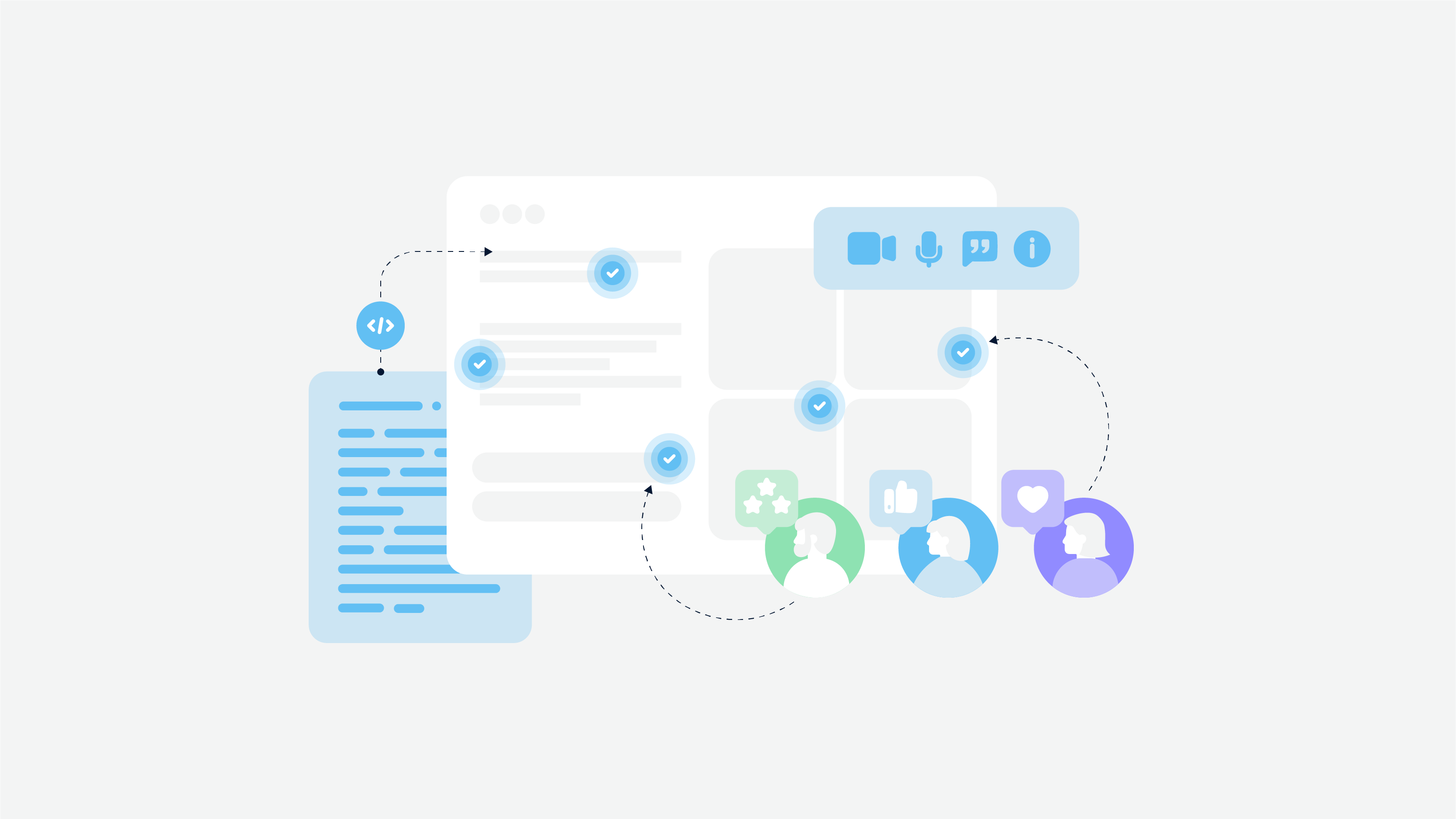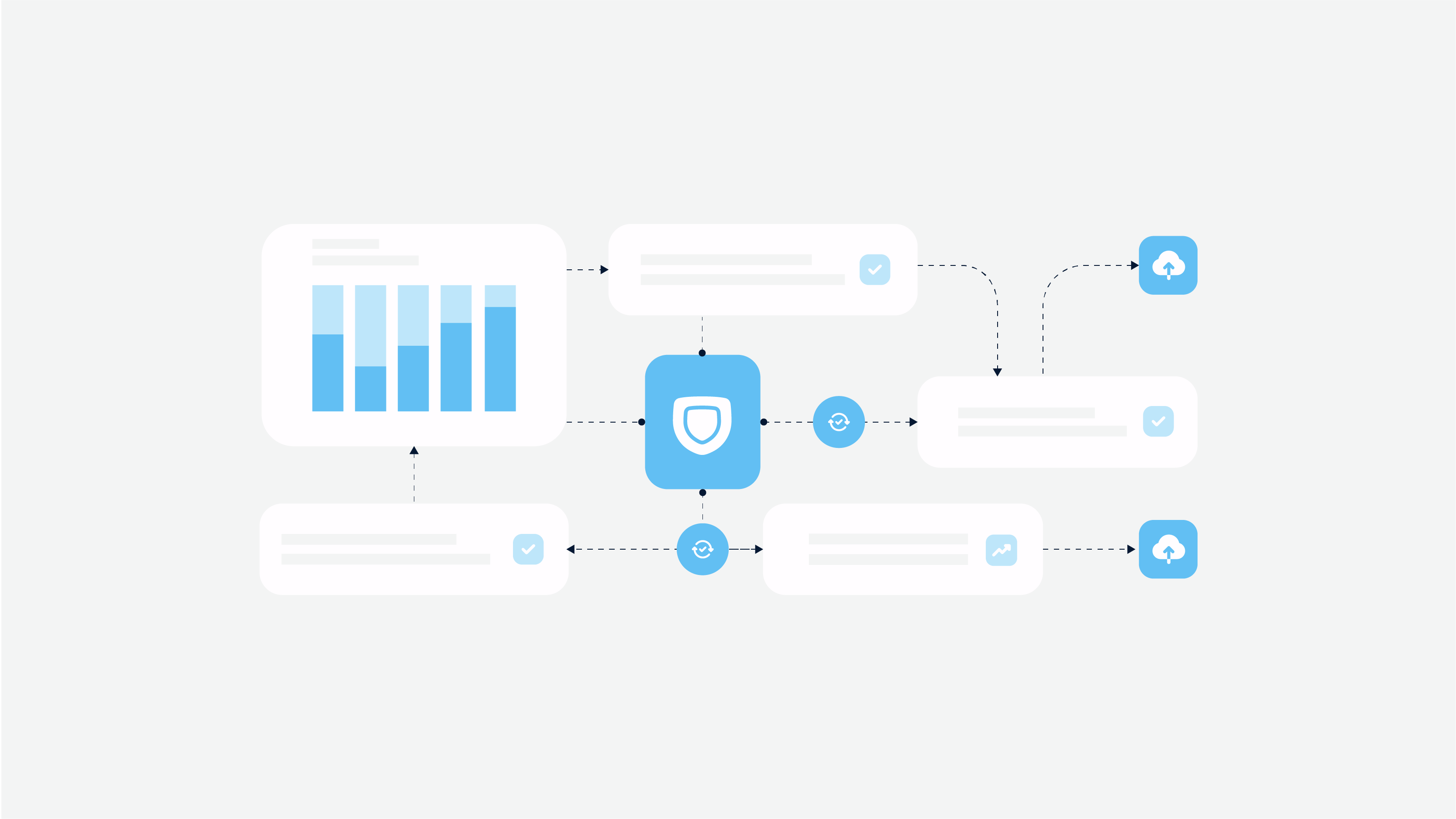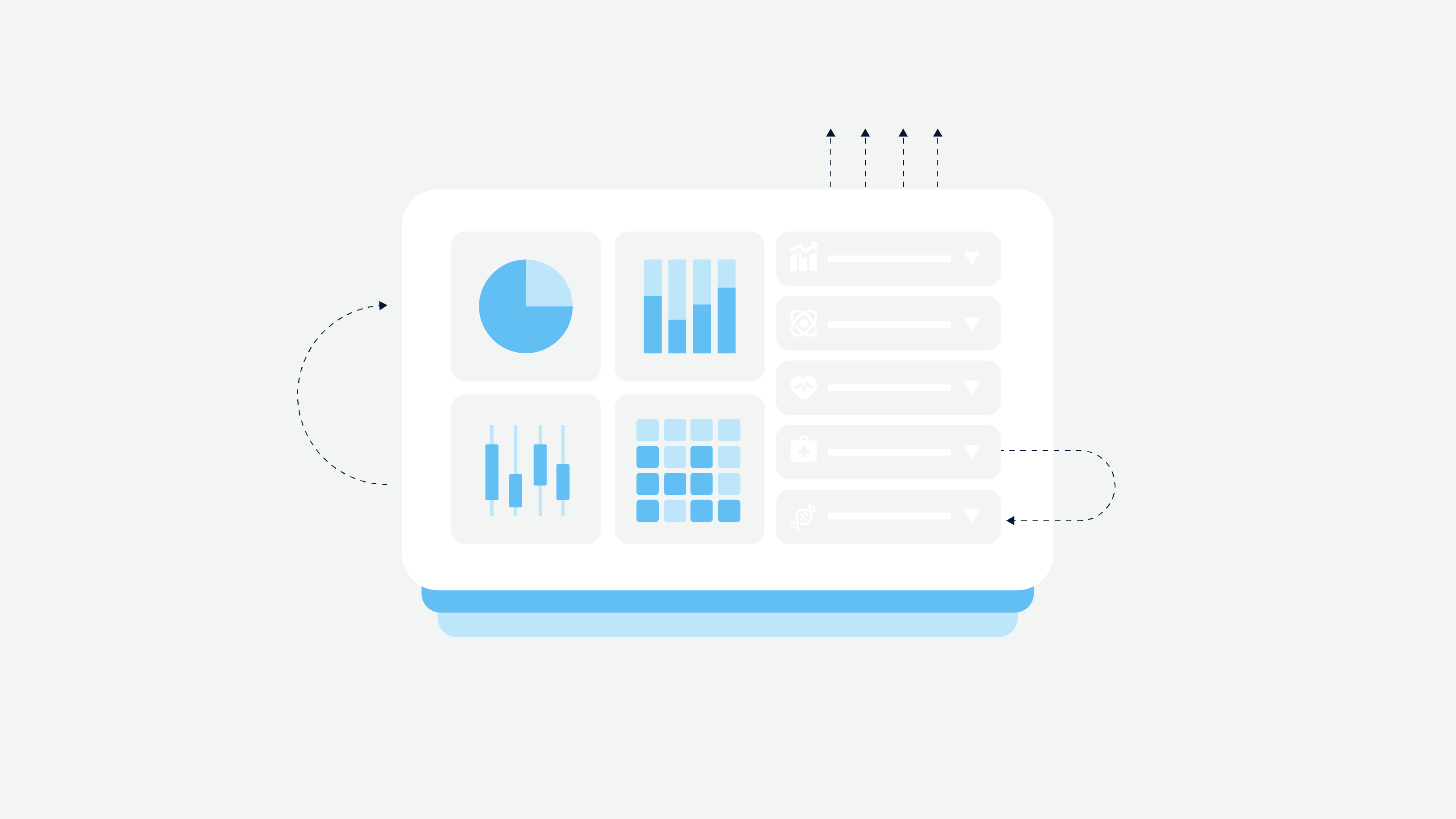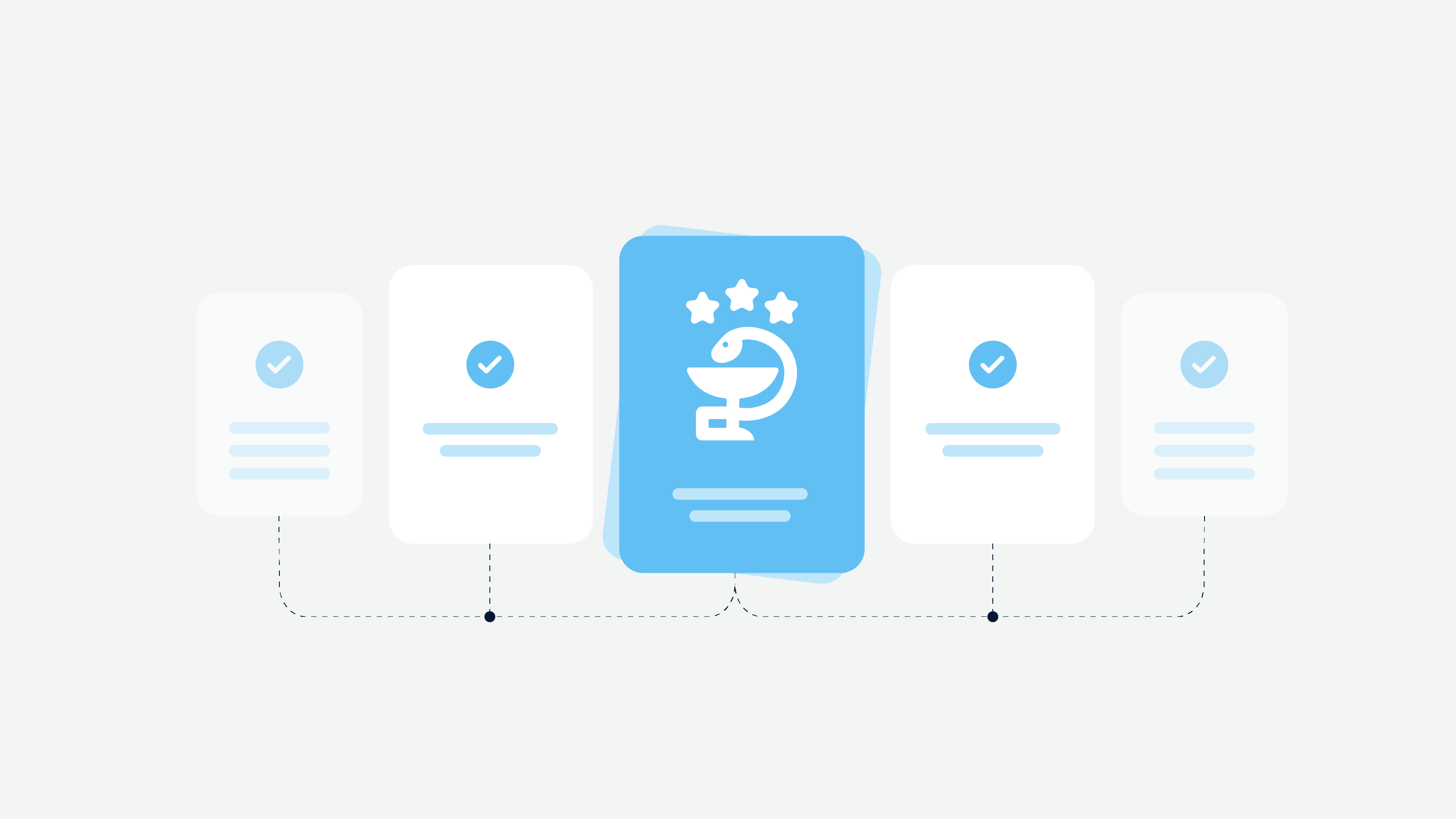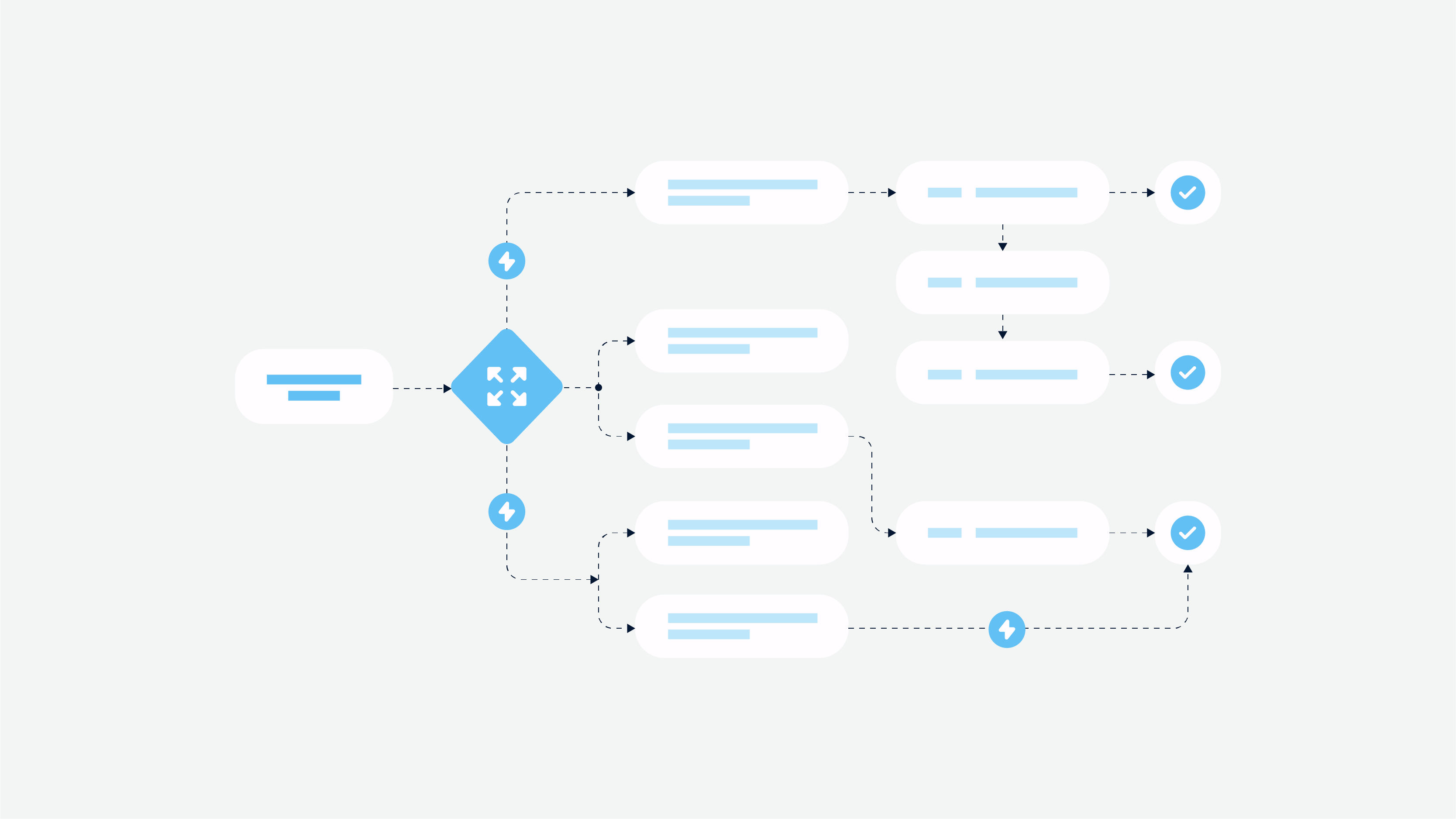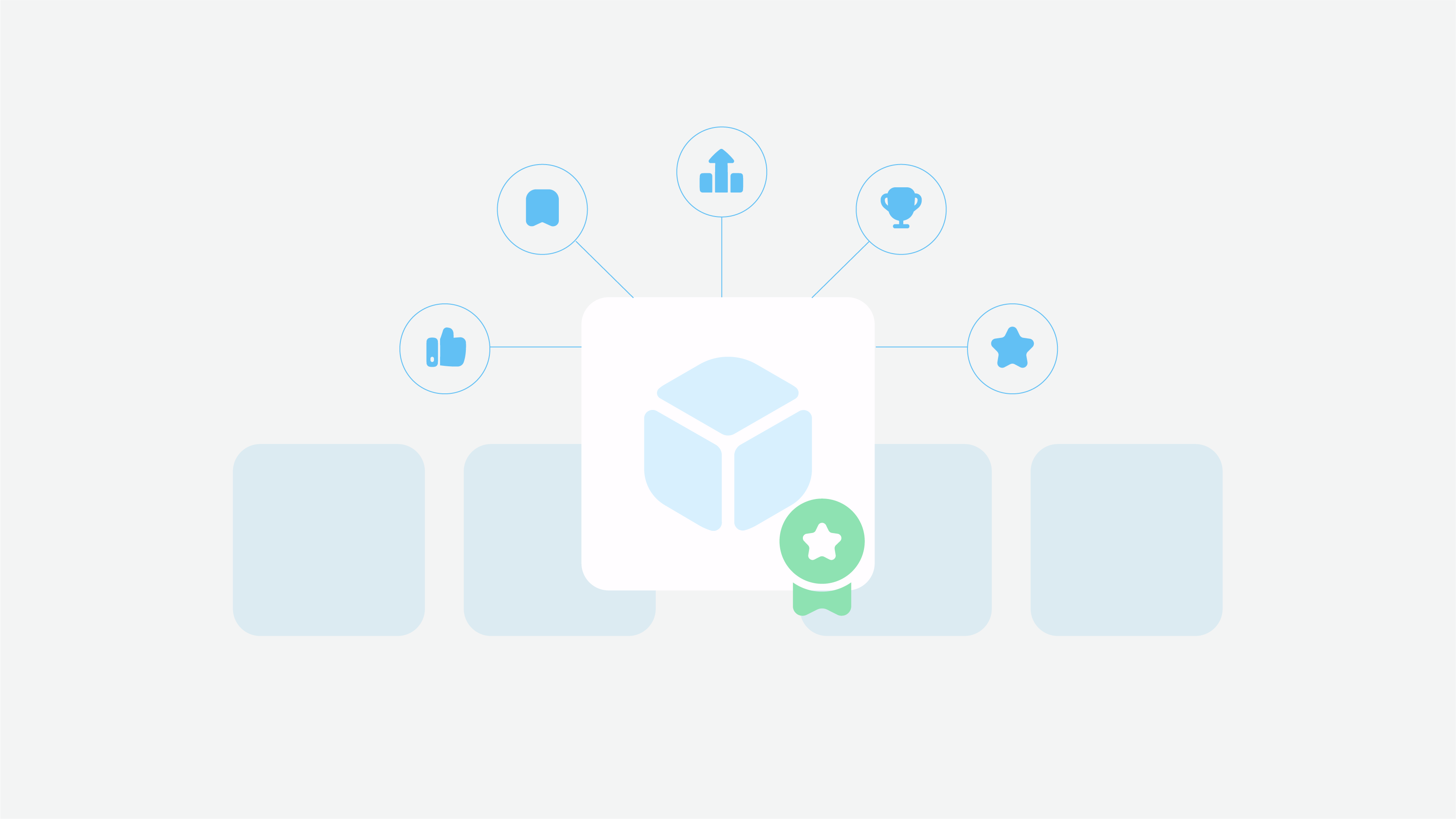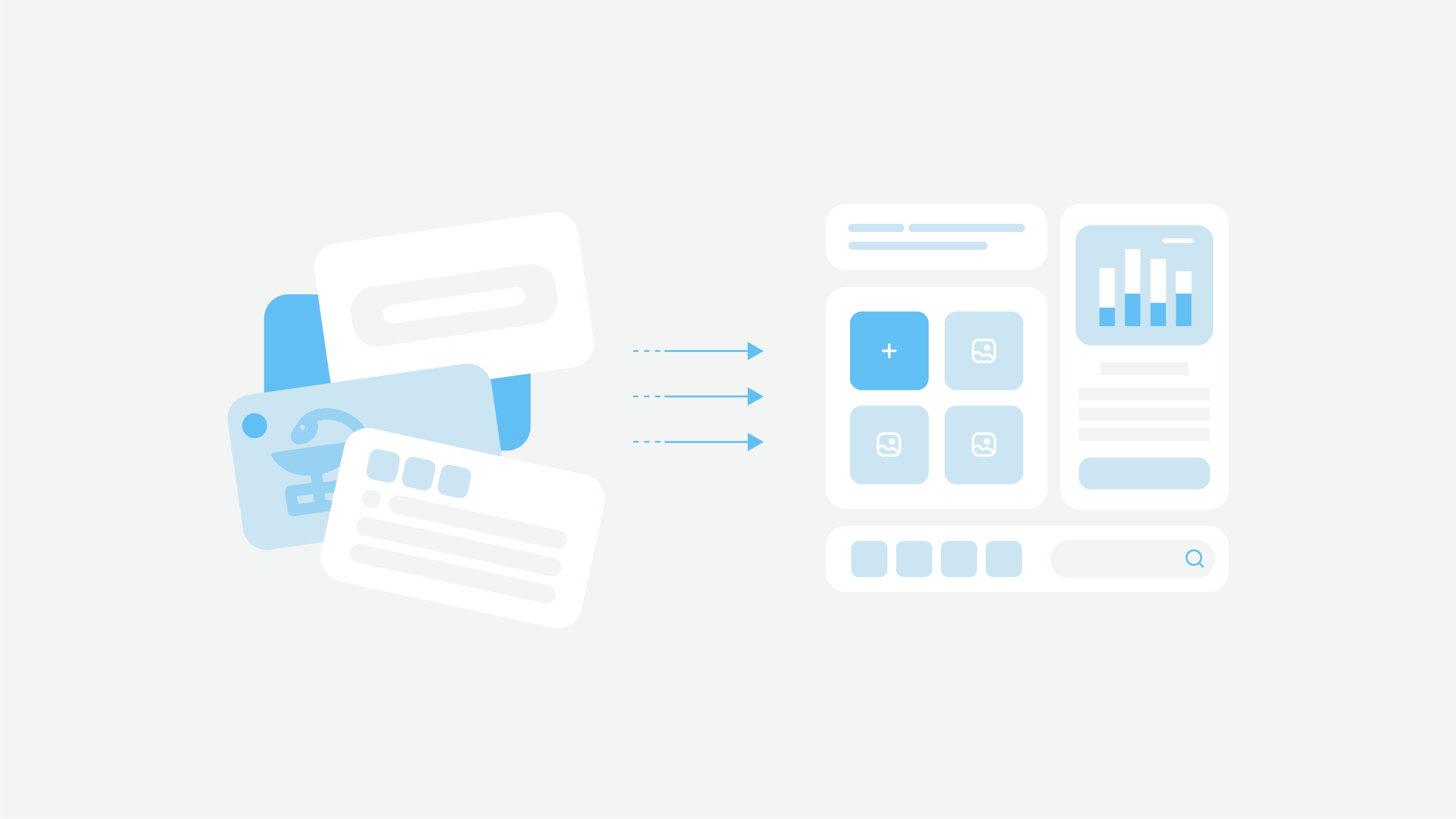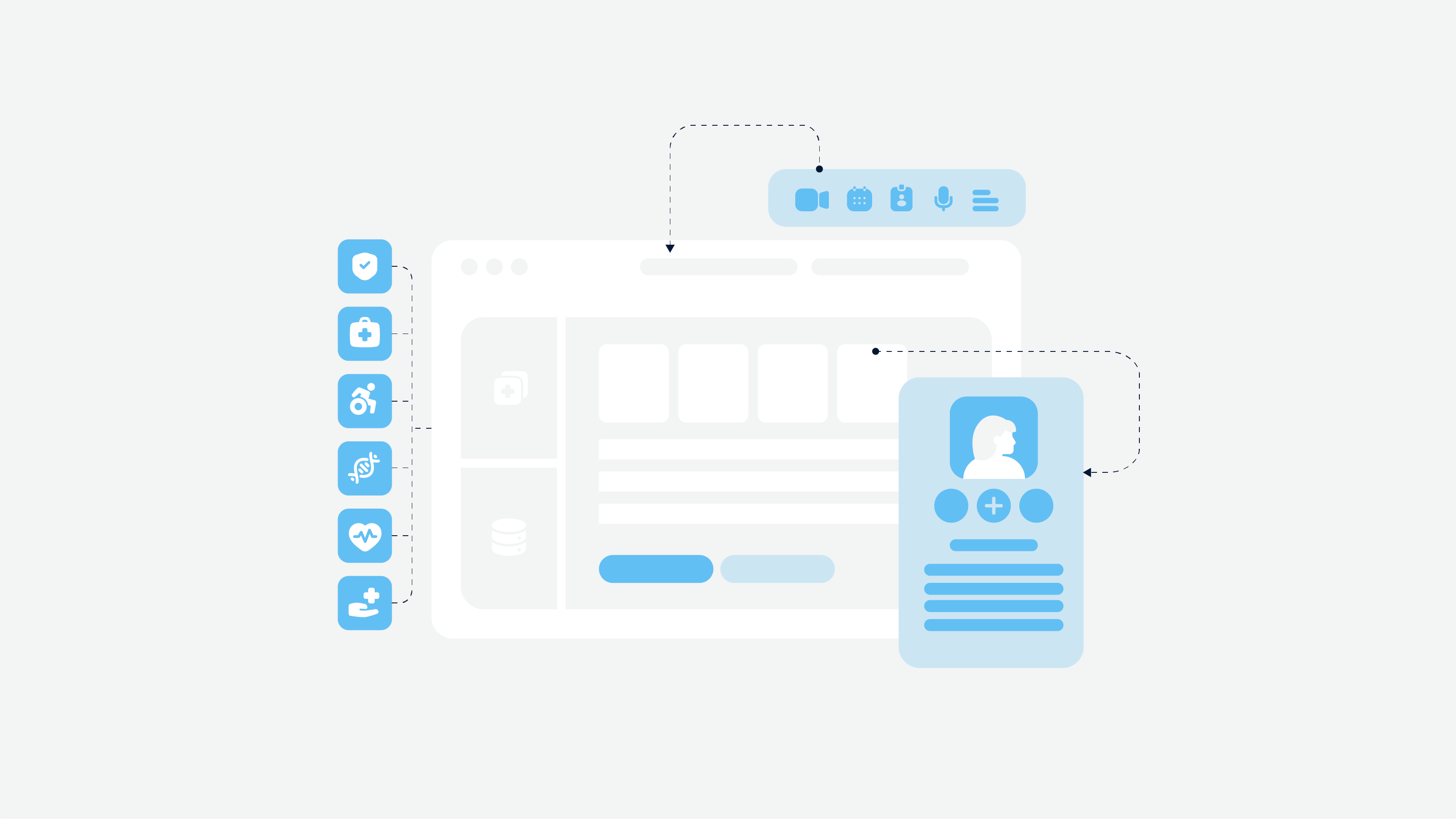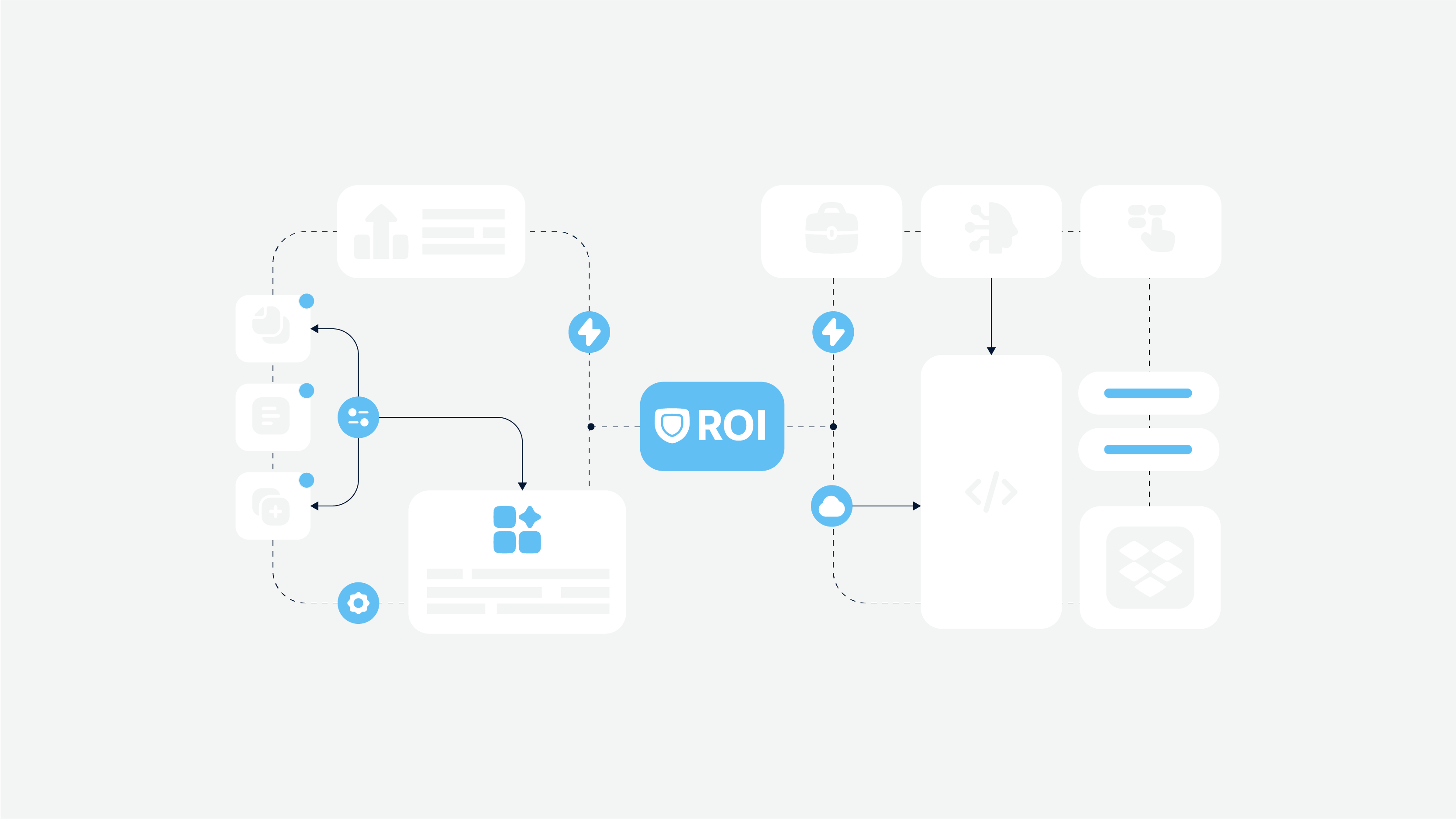Various programming languages are suited for different projects (web application, mobile applications, game development, distributed system, etc.) And the key point is to identify the most appropriate language specifically for your project.
In this article, we will look at each of the top 10 most popular programming languages in detail — helping entrepreneurs select the right language for developing their digital products.
What are The Most Popular Programming Languages for Projects Today?
Programming languages ranking by TIOBE is based on the number of skilled engineers world-wide, courses, and third-party vendors. TIOBE list for July 2020 looks like this:
TIOBE index is an indicator of the popularity of programming languages. The index is updated once a month, providing users with ongoing information.
There is another index to consider. The PYPL (Popularity of Programming Language Index) is created by analyzing how often language tutorials are searched on Google/Bigl/Yahoo. That’s the leading indicator. The raw data comes from Google Trends. According to PYPL, the list of the most wanted programming languages is the following:
The PYPL Popularity of Programming Language index can help you decide which language to study, or which one to use in a new software project.
How to Choose The Best Programming Language for Business?
Firstly, you should know your project inside out to consider all the moving pieces in it. Here we mean the way all the components of your project lead you to choose specific programming languages. Knowing this will allow for a better view of the future of the project. So you don’t have to adapt to the one that is chosen as the industry standard.
Secondly, you have to ask your development team about the best programming language for your business and project. We suggest asking as much as possible to analyze the information accurately and make the right choice.
What Are the Questions to Ask When Choosing a Programming Language?
For the first time, the list may seem too long. But such a comprehensive list of questions can serve as a starting point to choose the programming language that you’ll need.
Does the language have proper ecosystem support? Will the language survive for the long haul?
Will the project be run on the web, mobile, or both?
Are there specific libraries, features, and tools for a programming language?
Can your developers program in this language? If not, can your developers make a quick onboarding?
Are there any non-negotiable constraints of your project such as time, budget, resources?
Are there any preferable codebase considerations for the project?
Are there any interface issues with upstream and downstream systems or external systems?
Is it possible to integrate with third-party tools?
Are there any security considerations?
The listed questions help to choose the proper programming language for business or project. Based on the answers, you’ll decide whether the specific programming language’s adoption can give you a meaningful advantage in solving the problem you are facing.
Best Programming Languages for Businesses Application and Enterprises
It’s okay if you hesitate between Java, PHP, Python, Swift, or C++ for your web or mobile application. To help you make an informed decision, we came up with a comprehensive description of the most popular programming languages and their applications.
Java
Java has been remaining one of the most popular programming languages for building enterprise-scale web applications. Being extremely stable, Java is adopted by large enterprises. It is also widely used in Android App Development.
Pros:
An abundance of open-source libraries;
A high degree of platform independence;
Ideal for distributed computing;
Offers an abundance of APIs for accomplishing different tasks.
Cons:
Limitations in creating high-quality data structures;
Slower than some other programming languages;
Memory storage management is expensive.
JavaScript
JavaScript is one of the most popular coding languages for “frontend”. It is used to design interactive frontend applications. For instance, you can use a single programming language for server-side and client-side scripts.
Pros:
Variety of frameworks allows using a single language for all parts of the product;
Fast and versatile client-side;
Rich website interface to a website;
Simple in implementation;
Wide community support;
Works well with other programming languages.
Cons:
Absence of copy or equivalent method;
Different interpretation by different browsers.
PHP
PHP is a backend programming language. It is in great demand among developers.
Pros:
Plenty of powerful frameworks;
Quick start for making web pages;
Strong community support and ecosystem;
A wide range of tools for testing and deploying applications.
Cons:
Websites built completely in PHP relatively slow;
Lacks in terms of security;
Poor error handling.
C#
C# is a general-purpose programming language developed by Microsoft. C# is widely used for backend programming building games.
Pros:
Ability to work with shared codebases;
Component and object-oriented programming language;
Integrated with the .NET library
Quick compilation and execution time.
Cons:
Offers less flexibility than C++;
Difficult onboarding;
Resolving errors requires serious expertise and knowledge.
Python
Python is one of the most used programming languages for enterprises. It is used to develop scalable web applications like YouTube, Instagram, Pinterest, SurveyMonkey, etc.
Pros:
Extensive library support;
Focuses on code readability;
Scalability of the most complex applications;
Good for prototyping and testing.
Cons:
Not suitable for mobile computing;
Weak database access layer.
Go
Go or Golang is a programming language created by Google. Go is being used by a lot of companies that rely heavily on distributed systems. Go is widely used in startups in Silicon Valley.
Pros:
Supported by Google;
Easy-to-understand syntax;
Perfect for building single-page applications;
Smart documentation.
Cons:
Inherent interfaces;
Lack of versatility;
Indigent library support.
R
R programming language is used in Data Analysis and Machine Learning and adopted by enterprises. R is also used for general statistical computing as well as graphics.
Pros:
Seamless run on various operations systems;
Comprehensive statistical analysis language
Solid package ecosystem.
Cons:
Poor number of security features;
No strict programming guidelines;
Inefficient memory management;
Low quality of some packages.
Swift
Swift is the programming language for developing iOS applications. Suitable for iOS-based projects and relevant for those who want to work in the iOS community.
Pros:
Automatic memory management prevents memory leaks;
Supported by Apple;
Flexible for adding new features;
Motivates developers to write clean and readable code;
Compatible with Objective-C;
High-performance speed.
Cons:
Small resources and community support;
The absence of support for legacy projects; can be used only for iOS7 or later apps.
C/C++
Almost all low-level systems (operating systems, file systems) are written in C/C++. Competitive programmers prefer to use C/C++ due to its speed and stability.
Pros:
Fast execution of programs;
Forms the basis for understanding more complex programming languages;
Language of choice for multi-device, multi-platform app development;
Rich function library.
Cons:
Complex syntax;
Doesn’t support program namespace;
Need to manually create the high-level constructs;
The slow development process, therefore many projects can be built by modern languages;
Tough support;
Smaller standard library.
Erlang
Erlang focuses on functional programming and concurrency. Businesses use Erlang to build distributed web applications with fault-tolerance. Erlang helps to create systems with high availability.
Pros:
Simple syntax for easy programming;
Suitable for high-availability systems;
Support for concurrency;
Reliable community support;
Cons:
Hard to deploy;
Complex debugging;
Hiring challenges.
Generally, the selection of programming languages is based on the type of application required. However, even in a very specific situation, such as automation for a website, there are various language choices open to you.
How Are Programming Languages Being Used Today?
– Web coding languages: JavaScript, PHP, Ruby, HTML/CSS, TypeScript
– Operating Systems: C, C++
– Distributed Systems: Go
– Enterprise Applications: Java, C#, C++, ErLang
– Analytics & Machine Learning: Python, R, Clojure, Julia
– Math & Scientific Computing: Matlab, FORTRAN, ALGOL, APL, Julia, R, C++
– Data Visualization: Python, R, Java, C#
– Mobile Applications: Swift, Java, JavaScript, Object-C
– Big Data: Java, Python, R, Scala, Clojure
– Data Storage: SQL, C#, Java, Python
This article may be interesting for you: choosing the right technology stack
As you can see, it is crucial to know the possibilities of each tool and analyze its potential for meeting particular business needs.
Top Programming Languages of The Future
Trends in programming are fast-changing and mainly driven by factors such as better efficiency, increased customization, ease of use, etc. Tracking the trends helps you to choose the right programming language for your future projects. Moreover, it will open up doors of opportunities.
Here are some trending programming languages — some rather new and some quite old — that tend to have leading roles in key technologies of the future.
Java. The dominance of Java will continue to maintain as many applications would be powered by it. All the native Android apps are developed in Java, and this trend will continue.
JavaScript. Whereas PHP rules web development, JavaScript will continue to dominate in web programming.
Ruby on Rails. Having rapid web processes, flexibility, customization, and lower cost, it is becoming one of the most used programming languages by developers. Hence, it is expected to place the list of top-notch programming trends in the near future.
This article may be interesting for you: Websites Built With Ruby on Rails
Summary
There is the key idea behind the diversity of programming languages — each task can be solved in a variety of ways and approaches. Your business and future projects will expand the quality of software solutions, so you can focus on specific goals and achievements.
Choosing the right programming language for your business and future projects is an important decision. We hope that the information here will give you an overview of the options. Contact us and we’ll help you come to a more informed choice.


